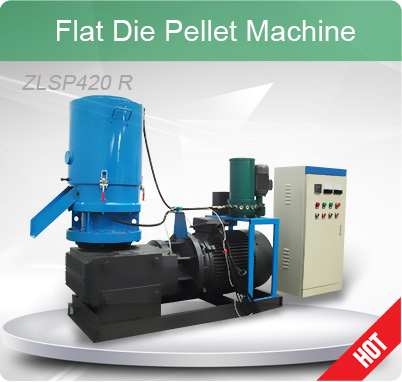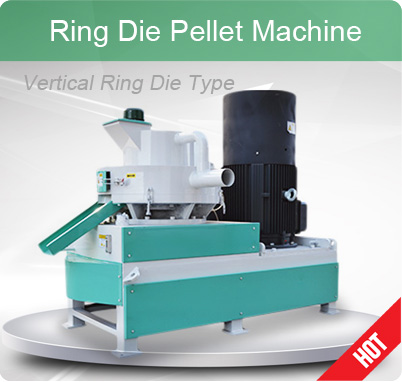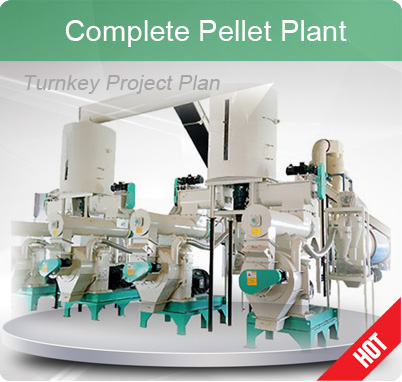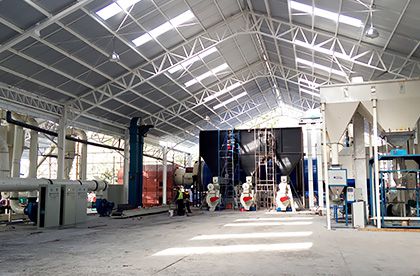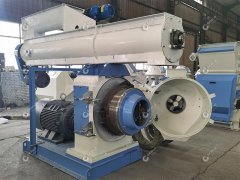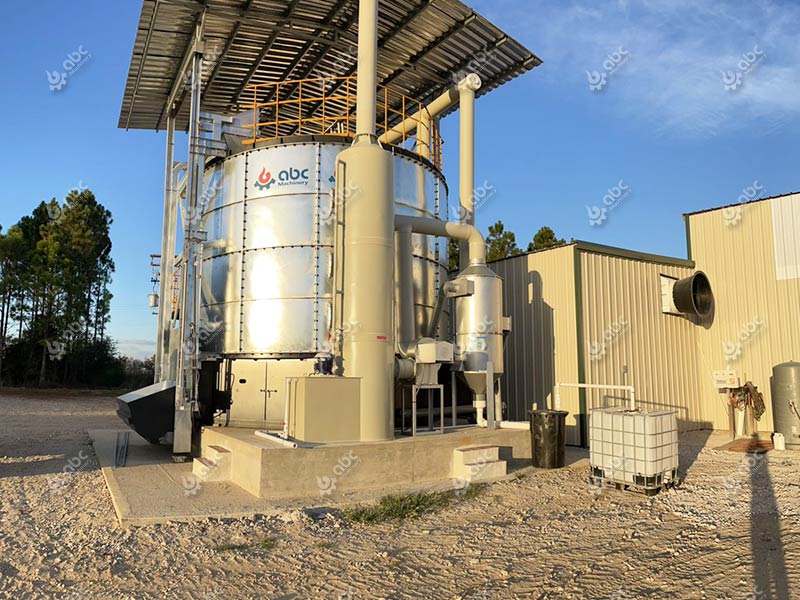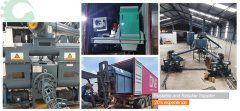[India] Analyzing Setup Cost of Biomass Pellet Mills
With India pushing forward the development of renewable energy, biomass pellet production is becoming a market focal point. The Indian government's biomass-coal co-firing policy requires power plants to gradually increase the proportion of biomass pellets mixed with coal. This not only opens up new avenues for environmental protection but also directly drives the growth of the biomass pellet market demand. This article will delve into the Indian biomass pellet manufacturing market, explore the core details of the biomass-coal co-firing policy, and provide a cost overview for biomass wood pellet machines investors looking to set up biomass pellet plants in India. Choosing GEMCO as your biomass pellet mill supplier will help you gain a competitive edge in this promising market.
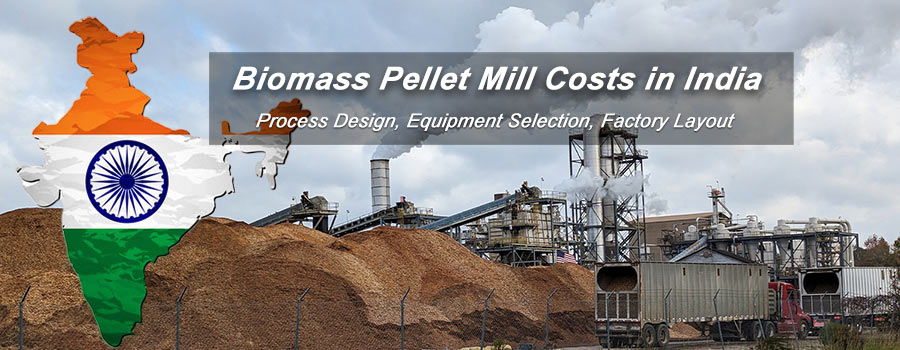
Biomass Wood Pellet Mill Cost in India
The Rapid Growth and Potential of the Biomass Pellet Market in India
In India, biofuel pellet production has become an important supplement to meet energy demands. The country generates vast amounts of agricultural waste every year, which provides a stable raw material source for biomass fuel production. For example, data from 2023 shows that of the 500 million tons of agricultural waste produced annually, 40% can be converted into biomass energy. Biomass pellets not only help India reduce its dependence on coal and promote clean energy development, but also offer biomass pelletizing plant investors a massive market opportunity.
Core Characteristics of the Indian Biomass Pellet Market:
- Steady Demand Growth: With government support policies, the demand for biomass pellets has grown at an average annual rate of over 20%.
- Policy-driven Market Vitality: In addition to the co-firing policy, government-set price benchmark policies and supply chain support further inject stability into the market, helping biomass pellet mill investors reduce uncertainty.
- High Investment Return: Stable policies and growing demand have kept biomass pellet prices on an upward trend, creating considerable profit potential for biomass pellet manufacturing plants.
Biomass-Coal Co-firing Policy: Driving the Clean Energy Transition
To promote low-carbon development, the Indian government launched the biomass-coal co-firing policy in 2024, requiring coal-fired power plants to gradually increase the proportion of biomass pellets used in the mix. The minimum biomass ratio in 2024 is set at 5%, with annual increments. This policy supports the sustainable development of biomass pellet production plants and production lines in India.
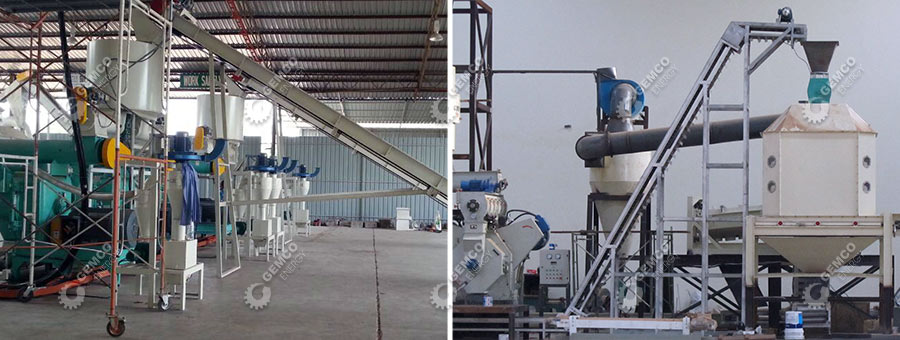
Biomass Wood Pellet Production Plant for Sale
Positive Impact on Biomass Pellet Production Equipment Investment:
The biomass-coal co-firing policy has directly driven the rapid growth in demand for biomass pellets, especially in the coal-intensive power generation sector. To meet policy targets, power plants must rely on a stable, long-term supply of biomass fuel. This market trend has attracted numerous investors, and the profit outlook for biomass pellet plants is becoming clearer.
Click below to learn more for free to start your biomass pellet production business.
GEMCO Biomass Pelleting Equipment: Leading the Way in the Biomass Market
With GEMCO's professional expertise in biomass pellet mill plant, power plants and newly established biomass pellet production lines can efficiently comply with policy requirements while maintaining production stability and cost control, securing a leading position in the market.
Setting Up a Biomass Pellet Mill Cost in India
Building biomass pellet mills in India involves considering several key cost factors. Here are the main cost components:
- Raw Material Costs: India's abundant agricultural resources help stabilize the raw material supply for biomass pellet processing plant to make biofuel pellet. According to data, raw materials account for about 30-40% of the biomass pellet production cost.
- Equipment Investment: Biomass pelletizer equipment is the core of the production process. Choosing an efficient and energy-saving pelletizer machine not only increases production but also reduces maintenance costs. The biomass pellet making machines provided by GEMCO is praised for its durability and cost-effectiveness, helping you maximize output.
- Operating Costs: This includes energy consumption, labor, and maintenance costs, which together account for around 20% of total costs.
- Compliance Costs: India’s increasingly stringent environmental and biomass co-firing regulations require investors to bear certain compliance costs.
Why Choose GEMCO to Buy Biomass Pellet Production Mill?
Rich Industry Experience and Quality Certifications: GEMCO has been deeply involved in the biomass pellet field for 25 years, holding multiple technological patents, and our equipment is certified with ISO9001 and EU CE certifications, ensuring high quality and reliability.
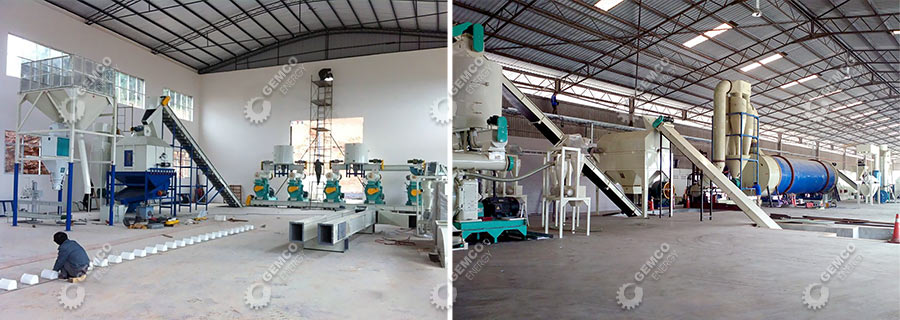
Biomass Wood Pellet Processing Plant for Sale
- Fast Payback and High ROI
Our custom-designed biomass pellet plant machines are efficient and energy-saving, typically allowing for cost recovery within two years.
- Modular Design for Versatile Raw Materials
GEMCO equipment is flexible and can process up to 50 types of biomass waste, including rice husks and straw, offering customized solutions for efficient raw material utilization. (Read more about Husk Pellet Machine>>)
- Innovative Technology to Reduce Operating Costs
Our equipment utilizes high-efficiency rollers, automatic lubrication systems, and highly durable components, ensuring stable, long-term operation and significantly lowering maintenance and operational costs.
- Comprehensive Service Support for Smooth Production
GEMCO offers one-stop services, including customized design, equipment installation, operational training, and after-sales maintenance, helping clients achieve smooth production and long-term profitability.
You may be interested in:
Guide to start wood pellet plant
Build a small wood pellet plant
Asian biomass pellet market


